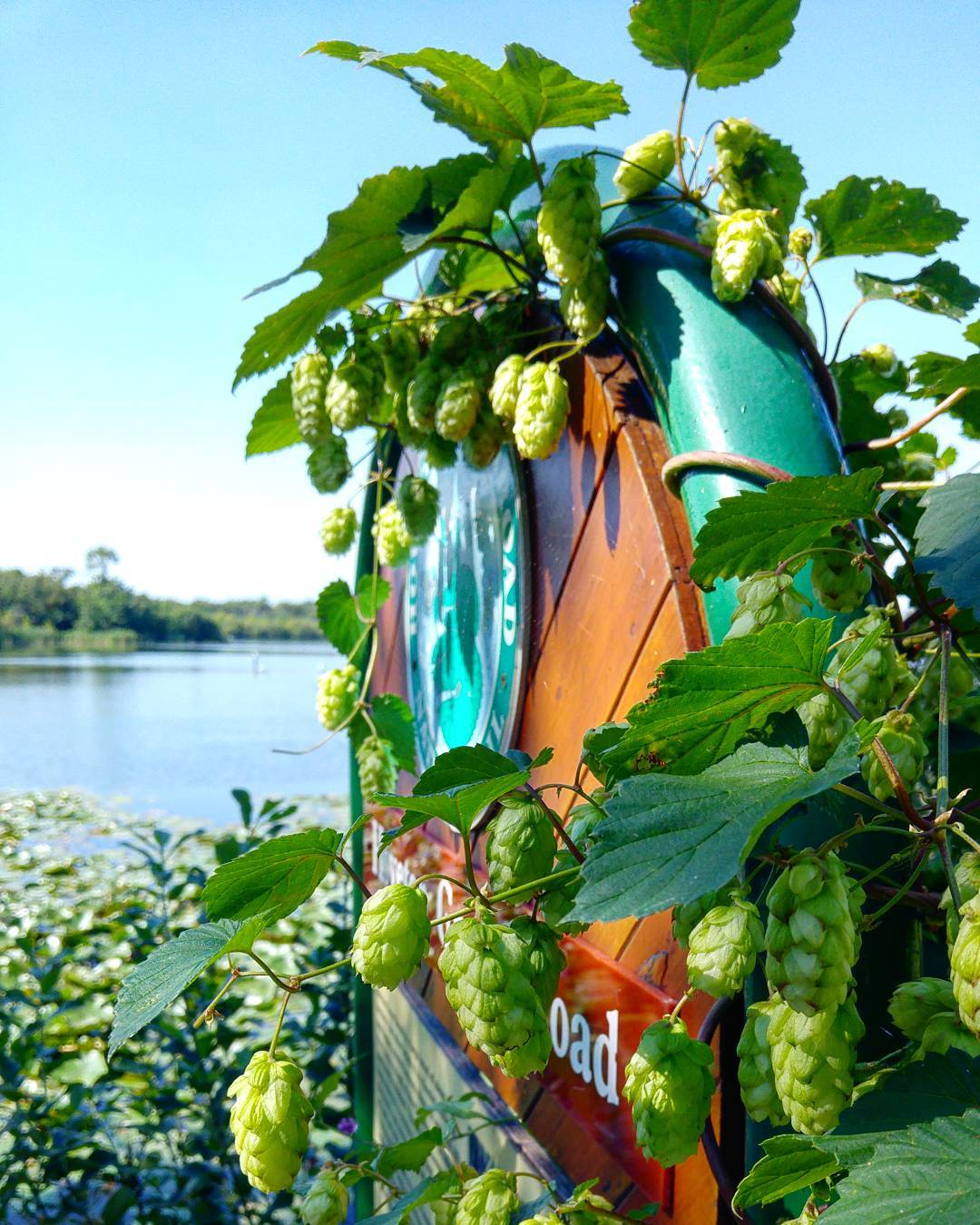A gentle rain is falling, bejewelling the leaves of the reeds with dozens of glistening white diamonds, sparkling as the sunshine tries to tear the canvas of thin cloud. The yellowed, leathery leaves of sallow and alder look shiny and polished. The sound of the rain is calming, a background patter interspersed with irregular drips from the tips of leaves striking other leaves. The water relentlessly struggles to make its way to the ground, droplets finding companions as they wander down a leaf, eventually filling the pools that have formed between the rank vegetation. The added weight of rain makes the hemp agrimony sag. Just a week ago the flowers were fluffy and pink, but now the show of colour is replaced with the pragmatic utility of seeds, its clustered flower-heads now brown and crumpled. A lone red admiral flits between them, despite the rain, sucking up any last dregs of nectar in preparation for its long migration, when it will flutter all the way to the Mediterranean and more forgiving climes.

A myriad of tweets and whistles penetrate the air, their shrillness in stark contrast to the sighing rain. There is urgency in the voices of the blue tits and chiffchaffs that are part of this mixed flock. The long tailed tits that accompany them frantically hop between branches, looking for food, pushed by the impulse to increase their energy levels before the dearth of winter. These petite, peachy-pink, ping-pong-ball shaped birds will suffer if the weather is cold, losing body heat at a much faster rate than a larger animal. Right now they seem to bicker amongst themselves, but when the leaves are replaced with hoarfrost, and the rain with gently-falling snow, they will huddle together as a single entity taking turns in the middle for warmth.
The sigh of summer is now well into its long, drawn-out exhale. The air smells different, the light seems pale and diffuse, and the woods seem quiet as the rain eases and the birds move on.

Crisp leaves fall from trees, breaking the stillness. They drop with a directness that feels like it cannot be passive or random. The trees must be wilfully directing them, jettisoning those that have served their purpose, clinging to those that serve them still. But for many plants this is a time of generosity. Bittersweet and guelder rose offer bright red berries to birds, and small children run around purple faced, stained with the juice of dozens of blackberries. The papery flowers of hops hang down, looking like Chinese lanterns. Crushing them releases a moreish scent, unlike any other flower I know. When I’m sitting beside a fire in a good pub after a frosty winter walk, the heady top notes of the ale in my hand will take me back to this day of gentle rain, bickering birds, and the warm stillness of late summer.
